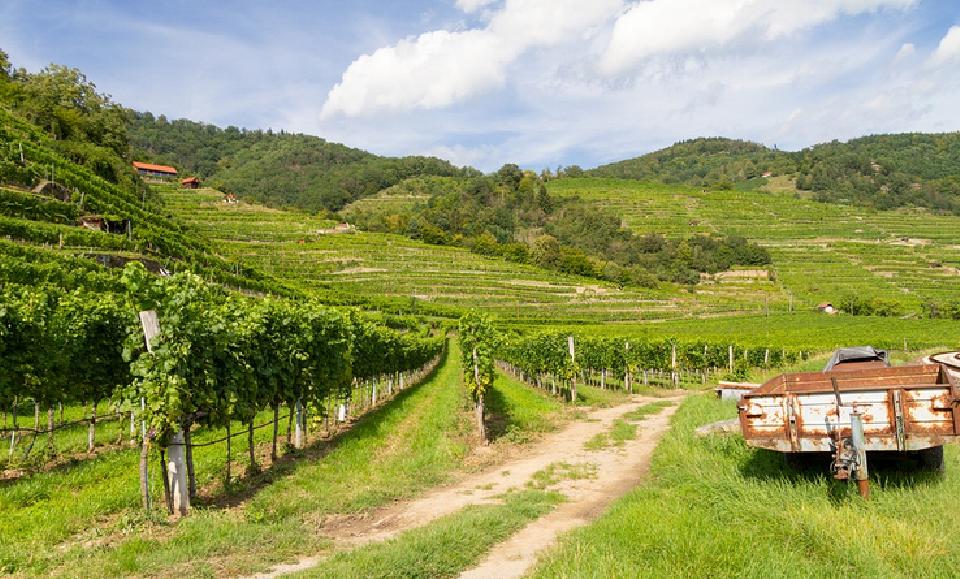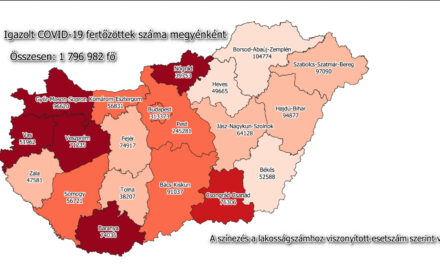The EU "lavender case" caused a big storm. As we have written, the European Food Safety Authority considers lavender to be a potentially lethal substance, as it can cause death if it enters the respiratory tract, and it can also cause allergic skin reactions and eye irritation. However, a new draft EU regulation goes even further and classifies lavender water as downright dangerous.
According to the European Commission, the aim of the EU legislation is to create and protect an environment free of toxic substances. The regulation in question is part of a larger EU strategy that draws up a list of hazards and environmental burdens based on chemical components. In other words, in the case of lavender, not the plant itself, but its chemical molecules would be on the list.
As a result of the protests, the French-language Twitter page of the European Commission posted a cynical tweet. As they wrote: “Spoiler: No.” - in other words, their aim is not to make lavender growers impossible: But they promised that there would be no "lavender issue" until 2025. So what they say isn't true won't happen until 2025…
Several people also questioned the European Commission's strategy against wine overproduction. Indeed, the EC decided that instead of regulating wine production, it decided to support grape cuttings. Since 2006, farmers have been able to receive subsidies per hectare if they cut down their vines.
However, grape cuttings can also mean the disappearance of some varieties. The Demokrata also drew attention to the fact that it is not possible to grow grapes on the felled vineyards, but if it were to happen, it would be a long process to make each dune productive again. And this again only gives Western Europe a 20-year advantage.
Among Hungarian acacia honey producers, among others, the European Commission's proposal, which put white acacia on the banned list, raised serious doubts, which, however, ensures the livelihood of thousands of Hungarian honey-producing families. In addition to the Hungarians, the Danes and the British also expressed their concerns about the proposal.
While the Danes bred American mink for its fur, the British wanted to avoid placing the water hyacinth on the banned list.
In the end, Hungary managed to block the initiative to restrict or possibly eradicate acacia, said Olivér Várhelyi, Hungary's ambassador to the EU at the time (since then EU Commissioner).
Source: Origo












